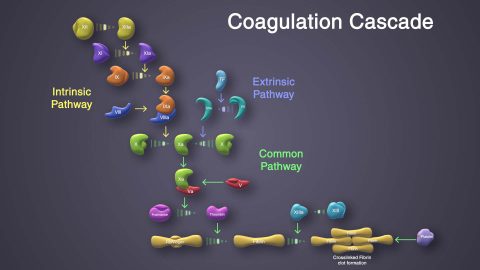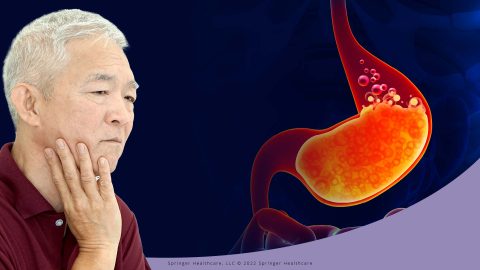
Module 1:
Animation
0.25 AMA PRA Category 1 Credit(s)™
Time: 8 minutes
Learn about the coagulation cascade pathway and the various sites of action targeted by the MOAs of topical hemostatic agents.
Module completed

Module 2:
Meet the Patient
0.5 AMA PRA Category 1 Credit(s)™
Time: 20 minutes
Devika is a young women with abdominal pain. How will you manage this patient’s surgical bleeding? Practice your skills in this interactive patient case.
Module completed

Module 3:
Meet the Patient
0.5 AMA PRA Category 1 Credit(s)™
Time: 20 minutes
Harold presents to his surgeon with gastroesophageal disease (GERD). How will you manage this patient’s surgical bleeding? Practice your skills in this interactive patient case.
Module completed

Module 4:
Infographic
0.25 AMA PRA Category 1 Credit(s)™
Time: 7 minutes
Explore this artful digital resource guide designed to showcase the key concepts of topical hemostatic agents and mechanisms of action (MOAs).





